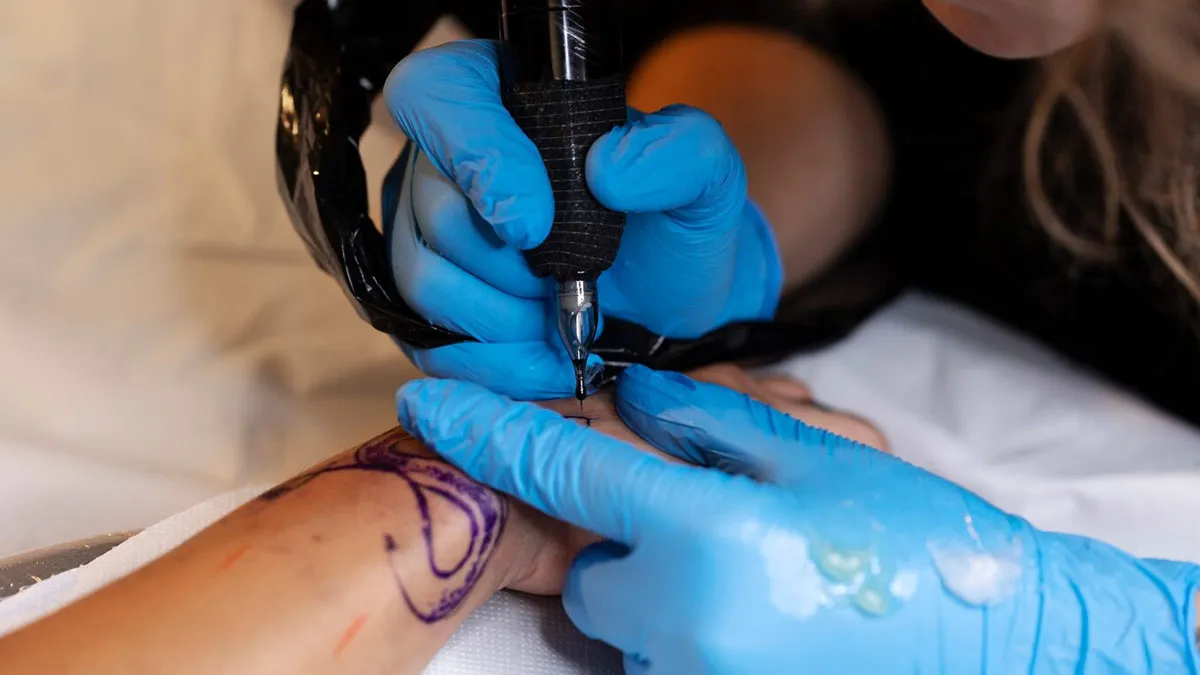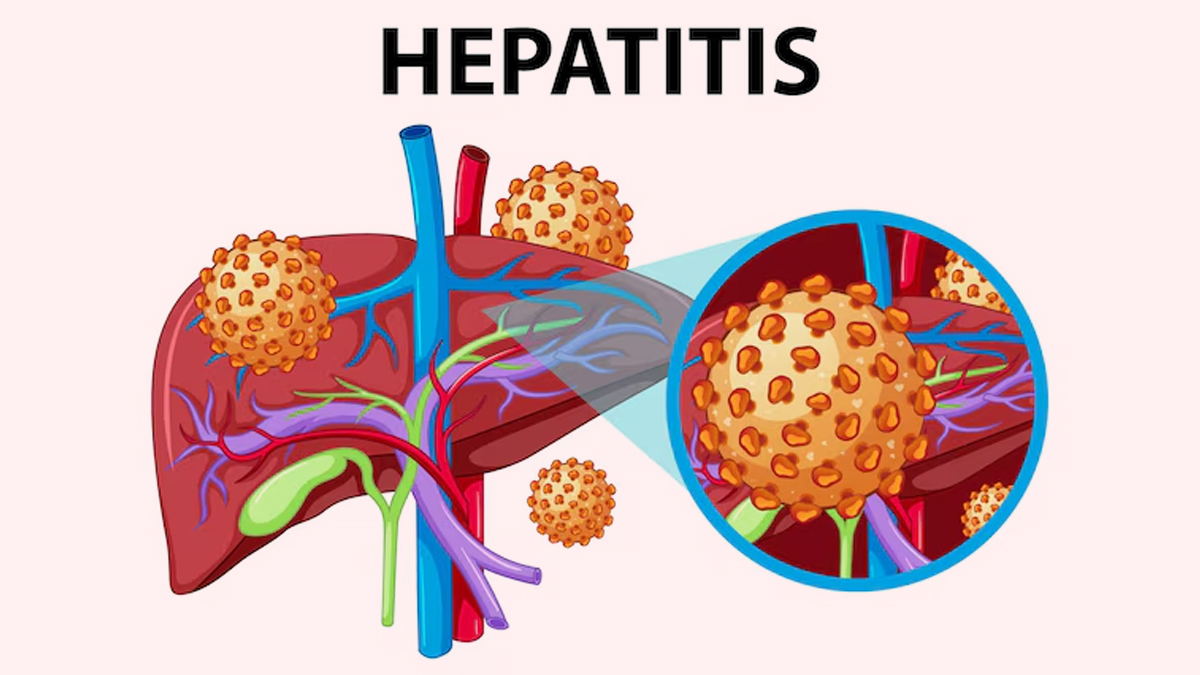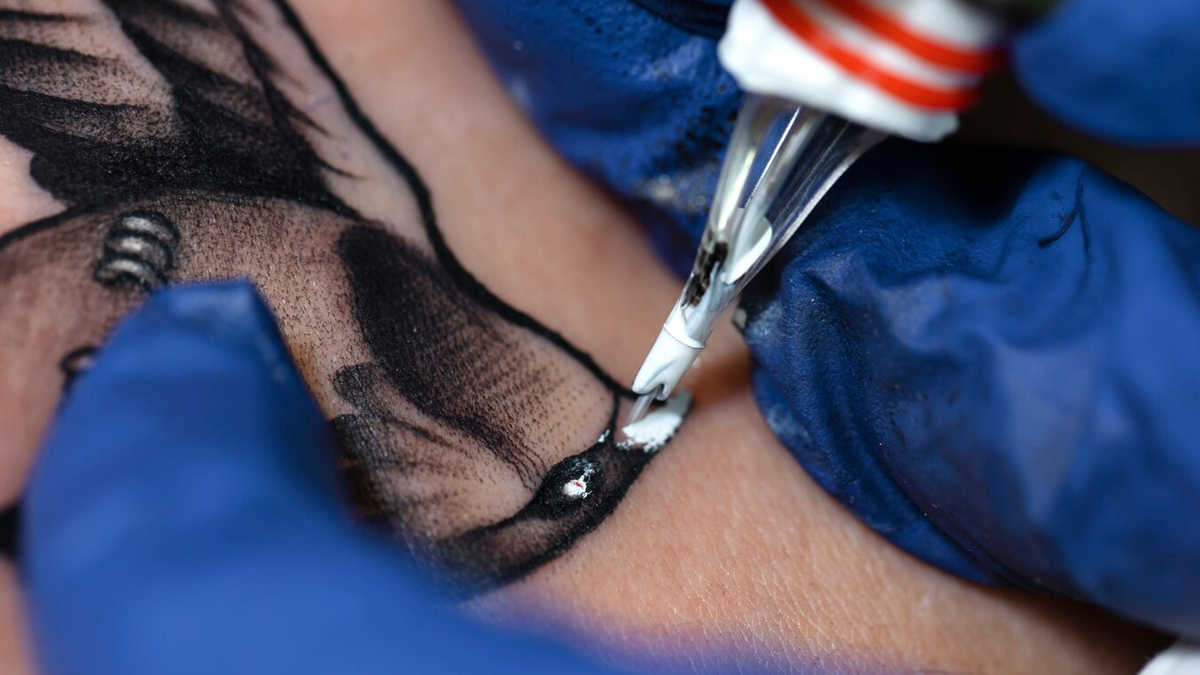
Do you ever wish you had a tattoo but held back due to the health hazards? Tattoos are a wonderful way to express your personality; however, if not done with proper cleanliness, they have dangers hidden behind them, such as serious infections like hepatitis B and C. The thought may seem frightening, but it is not about avoiding tattoos entirely. It is about being alert and cautious.
Table of Content:-
We spoke to Dr Gyan Ranjan Rout, Medical Gastroenterologist, Manipal Hospital, Bhubaneswar, who explained how hepatitis can be associated with tattoos and, most importantly, how you can remain safe when getting tattooed.
The Viral Reality: How Hepatitis B and C Are Transmitted

Hepatitis is an inflammation of the liver, and the two types that raise red flags in the tattoo world are hepatitis B (HBV) and hepatitis C (HCV). These viruses spread primarily through blood and body fluids. "Since tattooing involves needles piercing the skin and introducing ink into the dermal layer, there’s a window for infection if hygiene is compromised," explained Dr Rout.
The risk lies in unsterilised equipment and unhygienic practices. “Hepatitis viruses can survive outside the human body for several hours, even days. If tattoo needles, ink pots, gloves, or other instruments aren’t properly sterilised or are reused between clients, the virus can spread from one person to another,” he added.
A 2010 meta-analysis and systematic review in the International Journal of Infectious Diseases involved 124 studies taken into account. It showed that those who have tattoos had 2.74 times higher odds of HCV infection compared to individuals without tattoos. While this does not mean that every tattoo leads to hepatitis, it serves to emphasise the importance of hygiene, sterilisation, and professional standards.
Also Read: Can People With Diabetes Get Tattoos? Expert Recommendations
Unsafe Tattoo: When Art Goes Wrong
"Most licensed and reputable tattoo artists follow strict hygiene practices. But problems arise in unregulated, unlicensed settings, sometimes at home setups, street shops, or pop-up tattoo booths, where safety protocols might be lacking," warned Dr Rout. Here are a few common risk factors:
- Reused or unsterilised needles: When a needle used on one client is reused without sterilisation, it can spread infected blood.
- Shared ink bottles: Many salons use the same ink bottle for multiple clients, causing the ink to be contaminated with a small amount of blood.
- Reused gloves or equipment: Gloves, razors, cotton swabs, and even the tattoo artist’s work surface should be fresh and disinfected for each client.
Not washing hands between clients is enough to be a danger. So it is not the needle alone; it is the whole setup.
Also Read: Is It Safe For People With Psoriasis To Get Tattoos?
How to Protect Yourself Before Getting Inked
If you are planning to get a tattoo, don’t let fear stop you. Just make sure you are going about it the right way. Dr Rout shares some essential tips to keep in mind:

- Choose a licensed tattoo artist: Ensure the artist follows government-regulated hygiene standards and has a visible license or certification.
- Ask questions: Don’t hesitate to ask how they sterilise their equipment or if they use new needles and ink caps for every client.
- Check out the studio: The environment should be clean, well-lit, and professional-looking. Watch for new gloves, sealed packets of needles, and fresh ink bottles.
- Avoid walk-ins at shady or makeshift setups: No matter how tempting the price or design is, your health should come first.
Bottomline
Dr Rout concluded, "Tattoos last forever, and so can infections like hepatitis B and C if things are not taken seriously. But the best thing is, these infections are completely avoidable. With a little knowledge, some research, and sensible decisions, you can enjoy your tattoo without any unknown health issues."
[Disclaimer: This article contains information provided by an expert and is for informational purposes only. Hence, we advise you to consult your professional if you are dealing with any health issue to avoid complications.]
Also watch this video
How we keep this article up to date:
We work with experts and keep a close eye on the latest in health and wellness. Whenever there is a new research or helpful information, we update our articles with accurate and useful advice.
Current Version